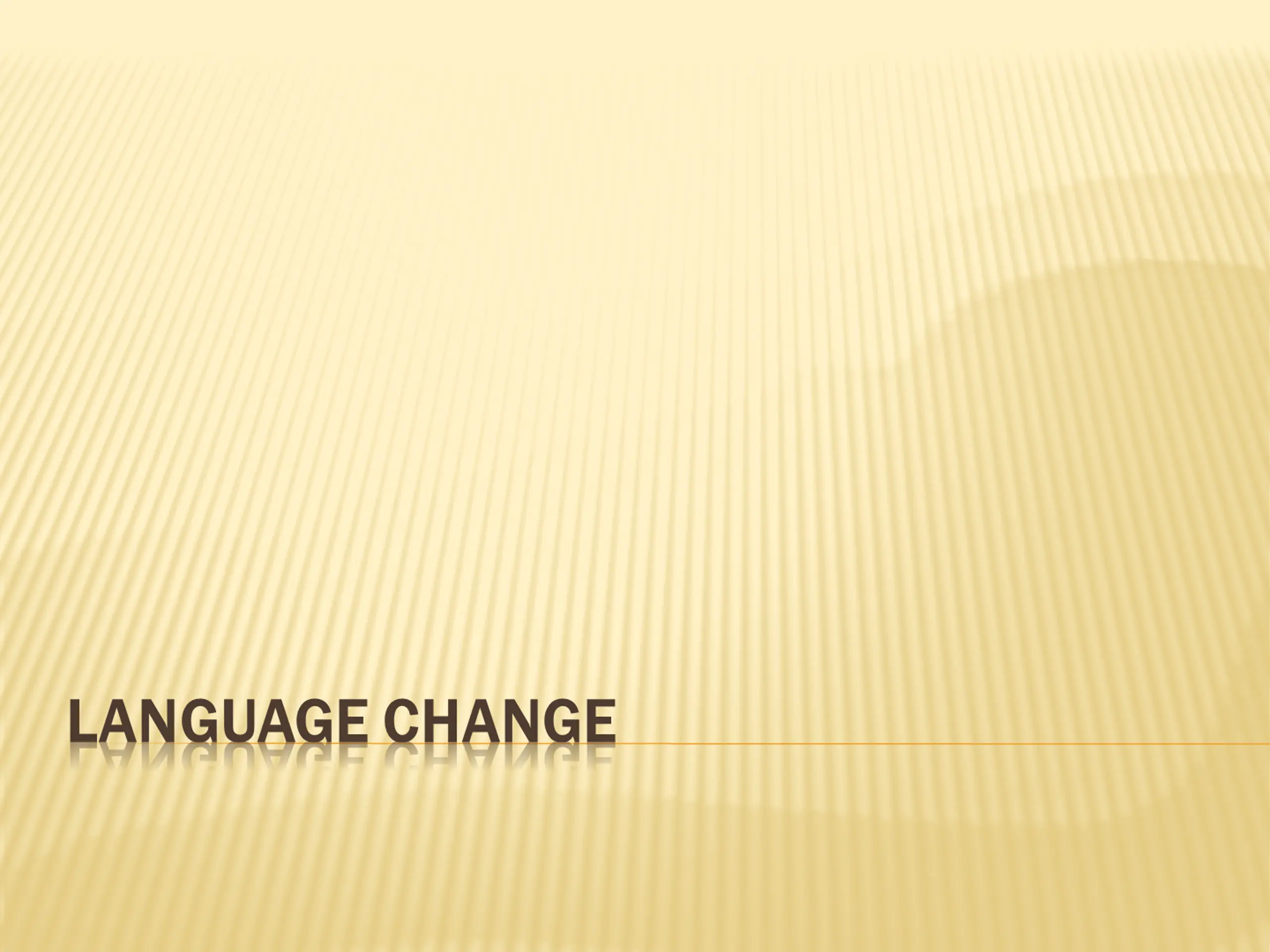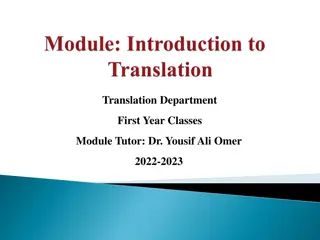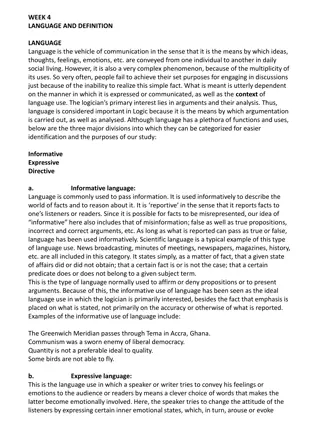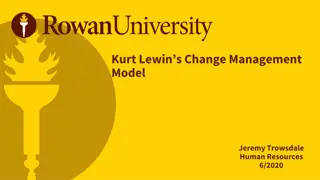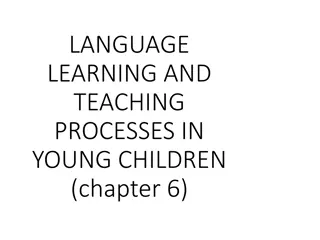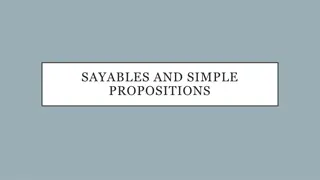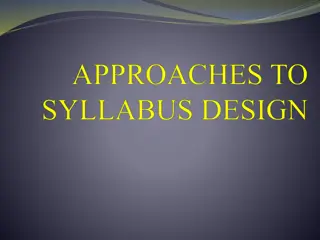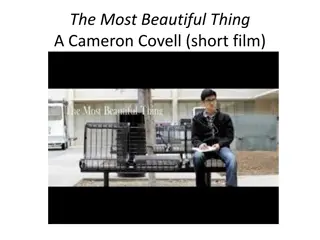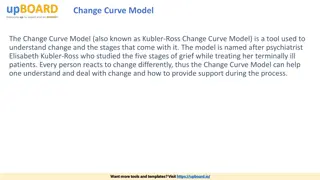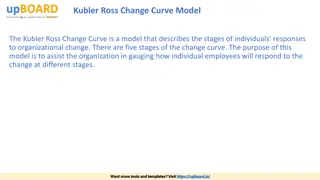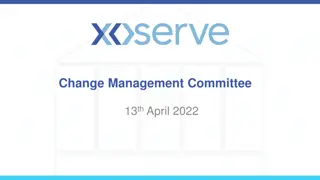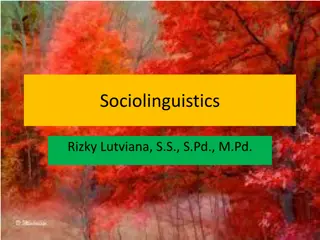Language Change
Explore linguistic change from traditional to modern linguistics perspectives related to internal and external changes, ongoing language variations, processes of change, spread mechanisms, study methods, and reasons for language evolution.
Download Presentation

Please find below an Image/Link to download the presentation.
The content on the website is provided AS IS for your information and personal use only. It may not be sold, licensed, or shared on other websites without obtaining consent from the author.If you encounter any issues during the download, it is possible that the publisher has removed the file from their server.
You are allowed to download the files provided on this website for personal or commercial use, subject to the condition that they are used lawfully. All files are the property of their respective owners.
The content on the website is provided AS IS for your information and personal use only. It may not be sold, licensed, or shared on other websites without obtaining consent from the author.
E N D
Presentation Transcript
LANGUAGE CHANGE LANGUAGE CHANGE
TRADITIONAL VS MODERN LINGUISTICS Can linguistic change be observed while it is actually occurring? Traditional Linguistics vs Modern Linguistics --- Saussure (1959) and Bloomfield (1933): most linguists have maintained that change itself cannot be observed; all that we can possibly hope to observe are the consequences of change.
KINDS OF CHANGES 1. Internal Change .internal structure of a language;: phonology, morphology, syntax. 2. External Change . Borrowing from other dialects or languages.
SOME CHANGES IN PROGRESS Chambers and Trudgill (1980), (1983), (1988) women language variation in Norwich. Gimson (1962) Labov (1963).. .Sound changes in progress in Martha Vineyard, (1972), (1981)..women s roles Cheshire (1978) variation between boys and girls in England.
THE PROCESS OF CHANGE Labov (1972b, pp. 178 80) suggests that there are two basic kinds of change: change from below, i.e., change from below conscious awareness, and change from above, i.e., change brought about consciously. Change from below is systematic, unconscious change, whereas change from above is sporadic, conscious, and involves issues of prestige. The basic mechanism of sound change --- Lavov (1972) 13 stages.
HOW DO CHANGES SPREAD? 1. From group to group 2. From style to style 3. From word to word ---lexical diffusion The way to pronounce the word knight .
HOW DO WE STUDY LANGUAGE CHANGE? 1. Apparent-time studies of language change .......comparing the speech of people from different age groups. 2. Language change in real time a very reliable method of identifying changes
REASONS FOR LANGUAGE CHANGE Social status and language change superiority vs inferiority Sex and language change women vs men Interaction and language change..... Intercultural communication.
